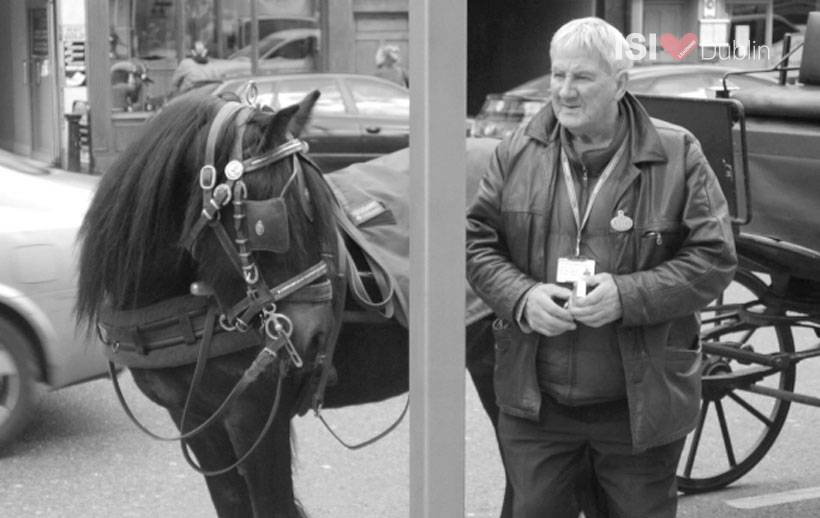When learning languages, it’s always fun to learn slang words and it’s good for impressing the locals. It’s a big part of our native culture and no matter what language you are learning, slang is an important element of reaching fluency. Here are some of the main slang words that you will hear in Ireland, but remember, there’s a reason they don’t teach you this stuff in class.
Craic
Probably our most widey used slang word, “craic” means “fun” in our native Irish language, Gaelige. If you replace the word “fun” with “craic”, you’re half way to becoming Irish.
Example:
Friend 1: “How was last night?”
Friend 2: “It was great craic!”
Note: Not to be confused with the American version, “crack”, which is a different type of craic.
Unreal
Things that are believed to be great, will often be described as “unreal” or it can be used to create emphasis.
Example:
“Did you see the Rose of Tralee? It was unreal, you should have watched it!”
Grand
Commonly used among Irish people, the word “grand” can be employed to reassure another person.
Example:
Teacher 1: “All the students are missing and there is a massive storm coming in from the West.”
Teacher 2: “Ah, it’ll be grand.”
Like and You know
“Like” and “ya know” is to the Irish, what “Oh my God” is to fourteen year old teenagers who’ve eaten too much sugar. It punctuates sentences and has no real meaning and necessity within the sentence. It can sometimes be used to indicate that the speaker wants you to nod and agree with them, but often it is just an involuntary tick.
Example: “Like, do you know what I mean like?”
Come here to me or Come here t’ill I tell you this
Only used when you are directly beside the speaker, they are not prompting you to come closer to them, but rather they are telling you that they are about to tell you something that is probably gossip.
Example: “Come here t’ill I tell you Mary’s most private and intimate secrets.”
Eejit
“Eejit” is reserved for when someone does or says something that is very stupid, but it is a very playful word when used among friends.
Example: “I can’t believe you did that, you big eejit,” the mother said to her son with a smile.
Knackered
If someone is very tired they often use the word “knackered”.
Example: “I was studying the past continuous all day and now I am knackered.”
Lashing
“Lashing” is an adjective to describe the ferocity of the rain. Using the word “lashing” would generally indicate that the rain is very heavy.
Example: “It’s lashing outside.”
Deadly
If something is “deadly”, it basically means that it is very cool. It is also used to show that you agree with someone.
Example 1: “They are deadly waves in Lahinch beach.”
Example 2:
Friend 1: “Will we go to Dicey’s nightclub?”
Friend 2: “Deadly. Let’s go.”
Sound
“Sound” is used as an adjective for a person and is one of the highest compliments that can be bestowed upon a human soul. It is all encompassing, so if someone is described as “sound”, it means that they are cool, kind, friendly, and good fun.
Example:
“I met my teacher yesterday, they are unreal sound.”
Yer wan and Yer man
“Your one,” more commonly pronounced “Yer wan” is another way of referring to a woman and “yer man” is likewise used for males.
Example: “Yer man is an eejit, but yer wan is sound.”

